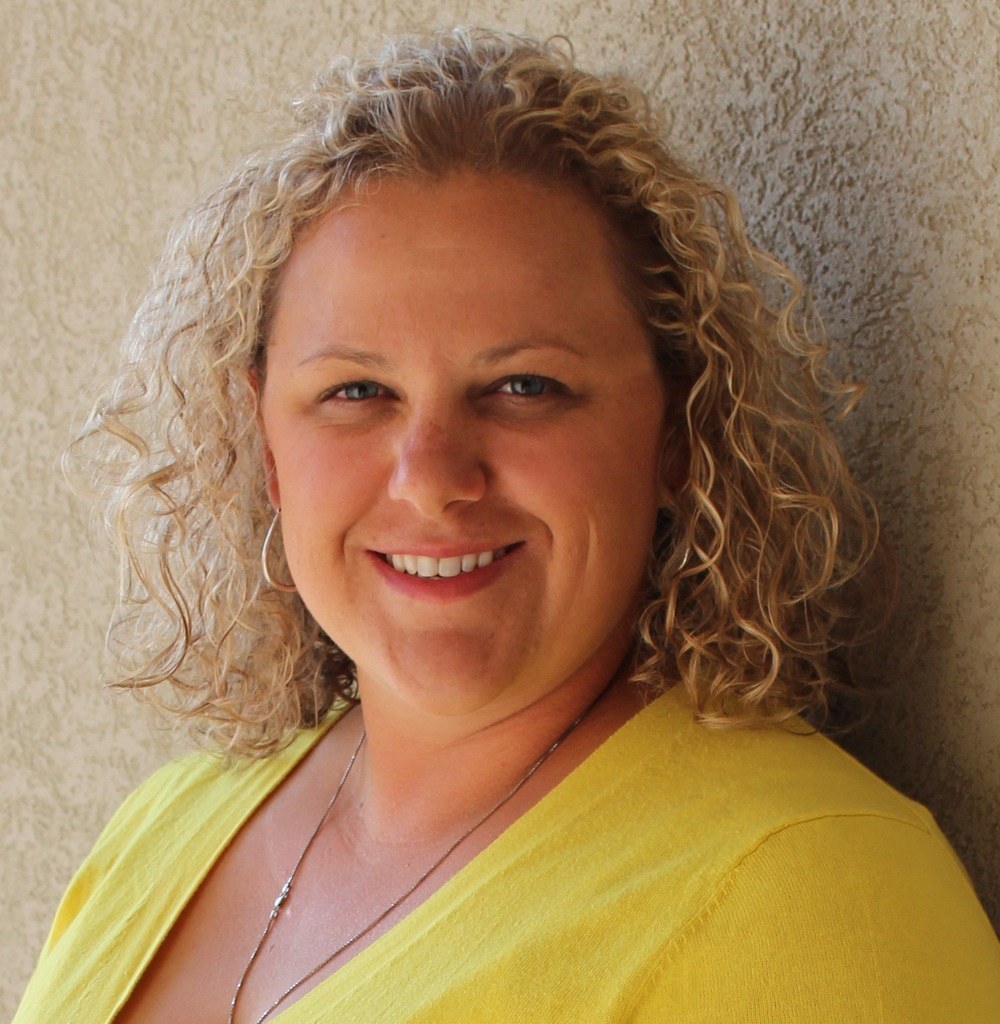- You are here:
- Home »
- Blog »
- Podcast
- » Ep 19: Journalism Programs with Caley Cook
Ep 19: Journalism Programs with Caley Cook

If you’ve ever wanted to learn more about an education and career in the field of journalism, you’re going to love this episode of the YesCollege podcast! Helping Scott explore journalism degree programs is Caley Cook, Lecturer at the University of Washington as well as the Undergraduate Program Coordinator in their Department of Communication.
Some naysayers might claim that “journalism is dead” but that sentiment couldn’t be further from the truth. Caley breaks down how journalism continues to be a wide-ranging field, where degree holders have limitless opportunity to use skills learned and pursue career opportunities. Before diving head first into a journalism program, listen in as a true expert shares what these programs are all about!
What You’ll Learn in This Episode:
- What journalism really means, and how to consider the field in today’s world.
- What career opportunities are out there for graduates with journalism degrees and relevant skills.
- How journalism classes are structured, and what courses are common in journalism programs.
- How technology and the digital age have changed journalism, and what to expect in the future from the field.
- Who exactly would be a “good fit” for studying journalism.
- And so much more!
Featured on the Show:
University of Washington at a Glance

The University of Washington is home to 16 schools and colleges, spread across three campuses, with over 150 departments offering certificates, bachelors, masters, and doctoral degrees. The College of Arts and Sciences is the oldest and largest college in the university, and contains the Department of Communication where students can pursue their Journalism studies. The entire university values discovery, diversity, integrity, excellence, collaboration, innovation, and respect. Students are encouraged to engage in research, push creative boundaries, and participate in any of the 800+ student organizations available.
- University Established: 1861
- University Student Population: ~57,000 | College of Arts and Sciences: ~21,000
- Location: Seattle, Washington
- Mascot: Huskies, Harry the Husky
Journalism from University of Washington
At the University of Washington, students can earn a Bachelor in Communication: Journalism degree. This Journalism Program is an undergraduate emphasis area within the Department of Communication that focuses on content creation, curation, and audience engagement for a multitude of news mediums. Students pursuing this degree may have the opportunity to participate in the Premier Internship Program and possibly the Foreign Intrigue Program at English-language news organizations around the world.
Student Resource Pick of the Week: EasyBib
 No matter what you want to major in, you’re going to have to write at least one paper (likely far more than that). And no one likes a copycat, so to avoid any risk of plagiarizing, you’re going to need to cite sources and cite them correctly.
No matter what you want to major in, you’re going to have to write at least one paper (likely far more than that). And no one likes a copycat, so to avoid any risk of plagiarizing, you’re going to need to cite sources and cite them correctly.
Even for those who enjoy writing, like myself, typing up the bibliography/references page at the end is always a drag. However, EasyBib really does make this process so much, well, easier. Whether your sources need to be in APA, MLA, or any other format, all you need to do is fill out the necessary information and it automatically generates a correct citation for books, online or print journal articles, videos, and more. Plus, you can also easily add on an annotation if needed.
EasyBib is a helpful tool, AND a great guide for learning how to cite your sources on your own.
Don’t miss an episode – subscribe to the YesCollege Podcast!
About the Author YesCollege Team
We're the YesCollege team, and we're pretty nerdy when it comes to higher education. Between our awesome podcast, with REAL COLLEGE PROFESSORS, and our database of programs, our goal is to help prospective students make the absolute BEST choice for their degree.
Related Posts
Ep 35: Folklore Programs with Dr. Lynne S. McNeill
Ep 33: Undergraduate Real Estate Programs with Dr. Tom Hamilton
Ep 31: MS in Cybersecurity Programs with Dr. Steven Weber and Colbert Zhu
Ep 30: MBA in Cybersecurity Programs with James Curtis
Ep 29: MBA in Real Estate Programs with Andra Ghent

